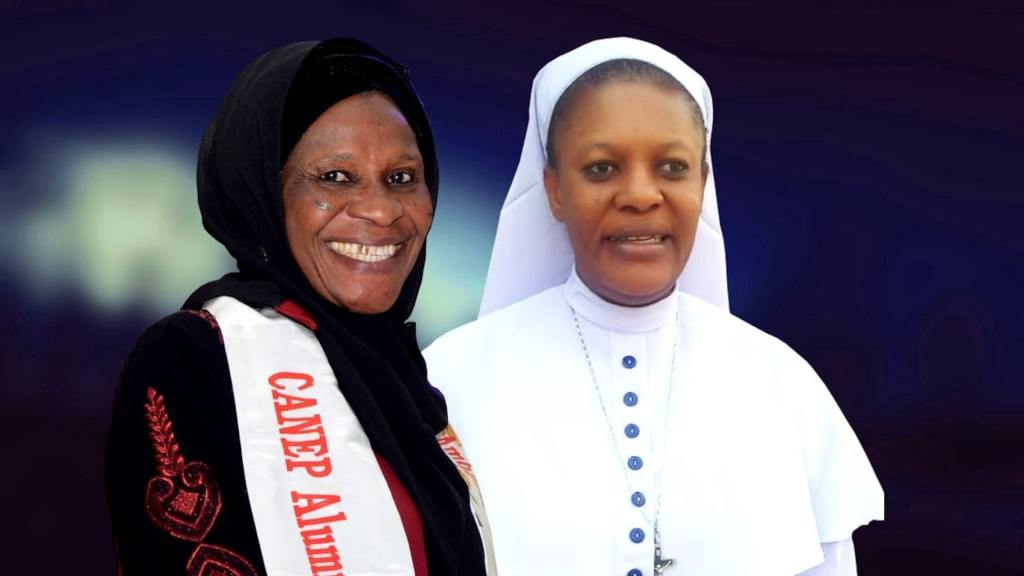
ABUJA, Nigeria (OSV News) — While religion was not originally an issue linked to conflicts in the country, deeply rooted religious hostility has in recent decades created a divide between Christians and Muslims in Nigeria, Africa’s most populous nation.
Now, when the state of religious freedom in the country is called “abysmal,” an interreligious duo is working together to make a push for religious tolerance.
“It’s not a Christian and Muslim conflict but a group which feels the way others are practicing religion isn’t the right way,” Sister Agatha Chikelue said.
Sister Agatha is a Nigerian Catholic woman religious from the Congregation of Daughters of Mary Mother of Mercy. Along with her counterpart, Alhaja Bola Usman, a Muslim woman who is a retired Nigerian Customs officer, they are building a movement of women of faith to stand up against violence and to search for peaceful coexistence in their country — Nigeria Women of Faith Peacebuilding Network.
The duo started their efforts in 2008, just one year before the insurrection by Boko Haram terrorists in the northeast region of Nigeria. In 2012, Sister Agatha and Usman institutionalized the network.
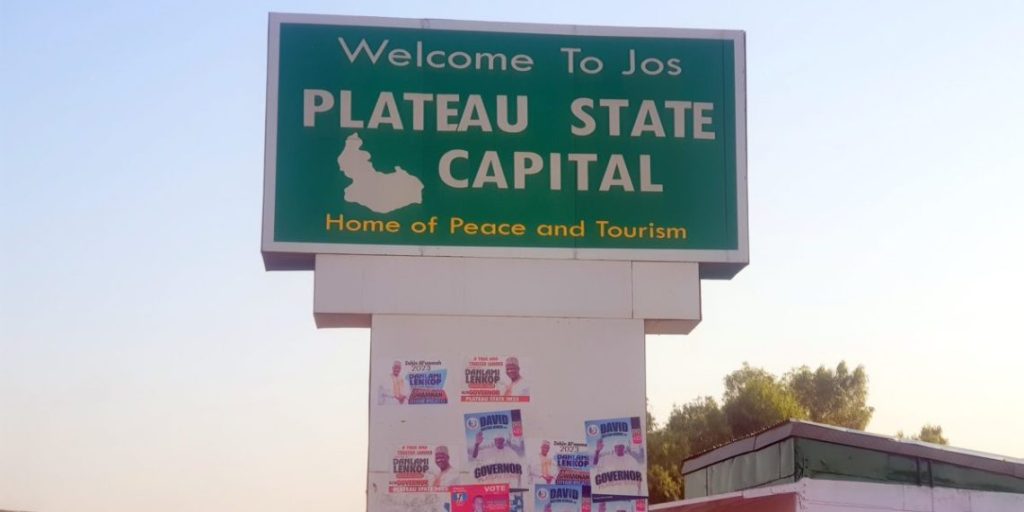
![A partitioned Muslim settlement in Dutse Uku area of Jos North LGA overseeing a Christian settlement. [Yusuf Akinpelu/Premium Times]](https://i1.wp.com/media.premiumtimesng.com/wp-content/files/2022/01/P1-scaled-e1642427273555.jpg?resize=1200%2C677&ssl=1)
![Gangare, one of the 14 wards in Jos North LGA has been a haven for a Christian family for decades. [Yusuf Akinpelu/Premium Times]](https://i2.wp.com/media.premiumtimesng.com/wp-content/files/2022/01/Pi2-scaled-e1642427331804.jpg?resize=1200%2C676&ssl=1)
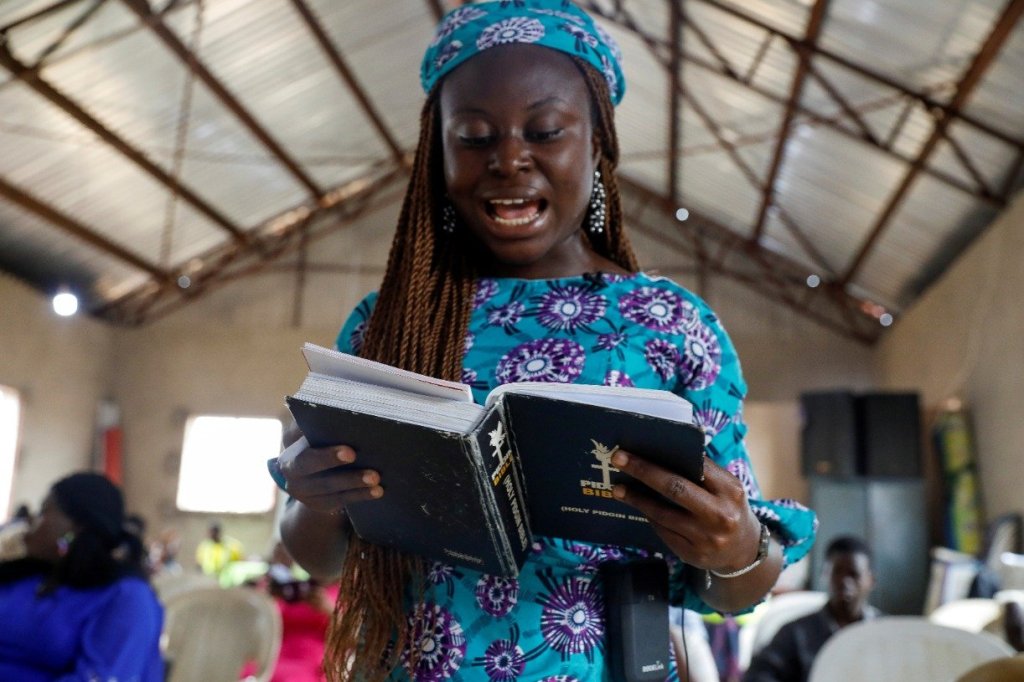
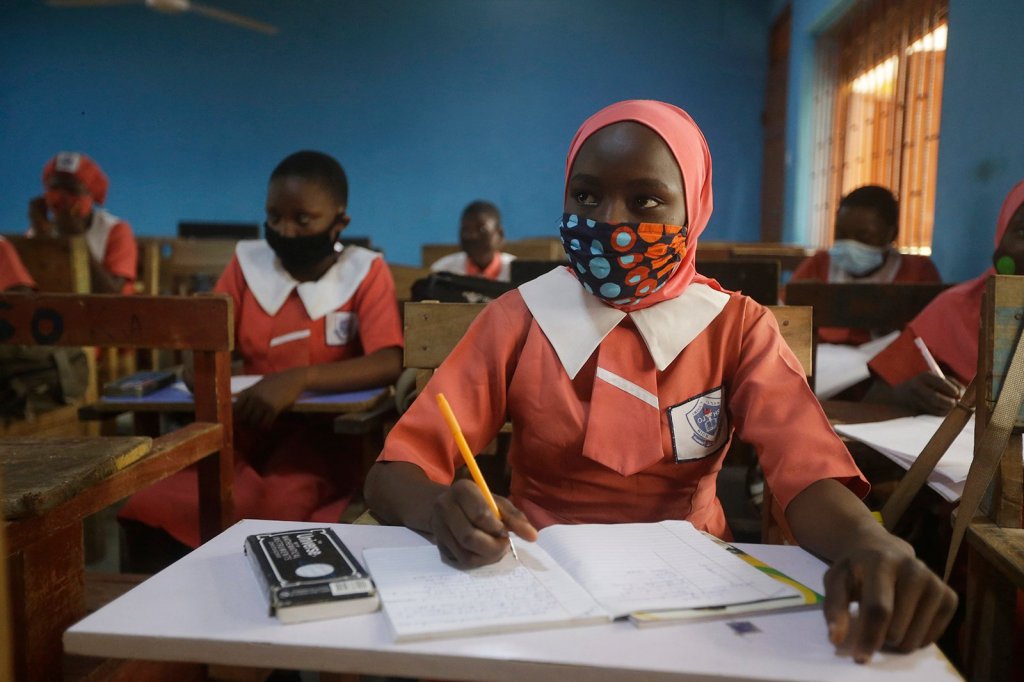
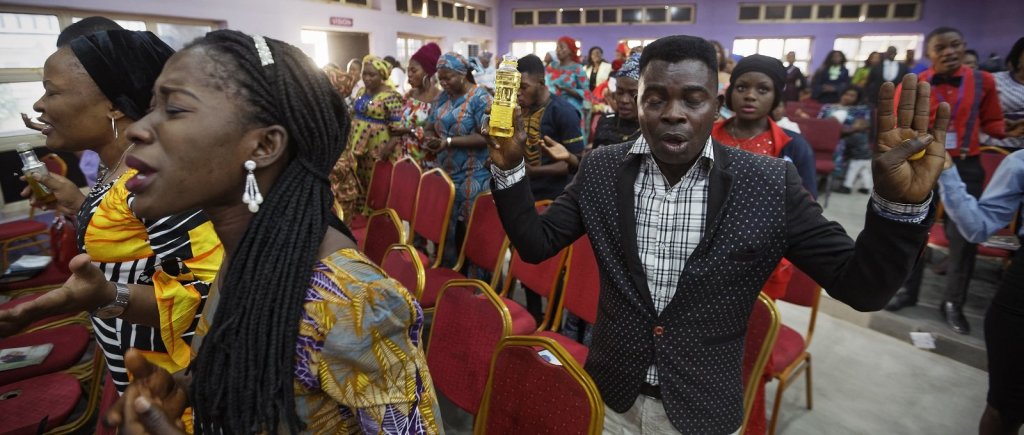
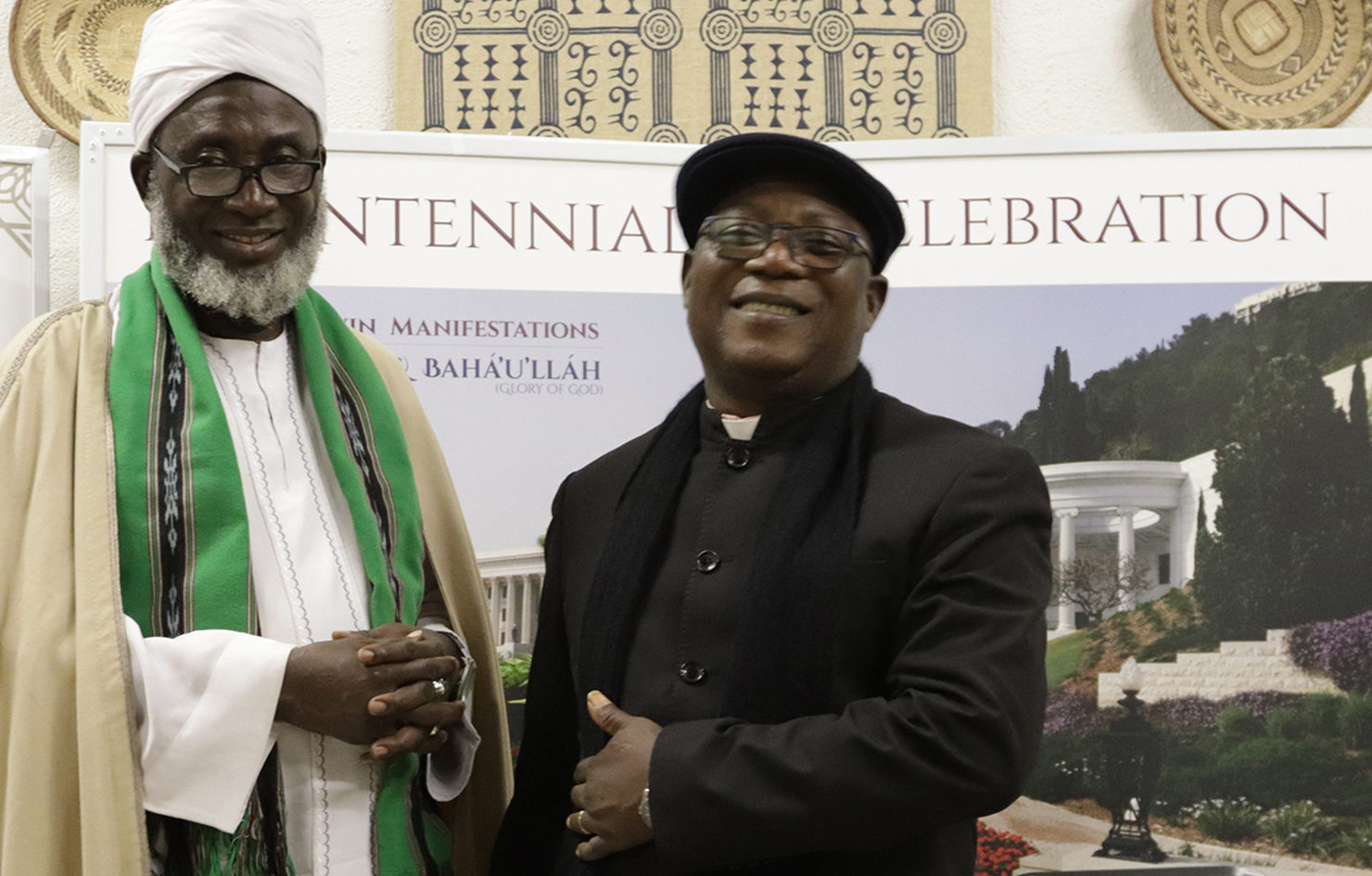 In a world where extremism has painted religion as a catalyst for bloodshed, two Nigerian men of different faiths have proven that reaching common ground is possible – despite fundamental differences.
In a world where extremism has painted religion as a catalyst for bloodshed, two Nigerian men of different faiths have proven that reaching common ground is possible – despite fundamental differences.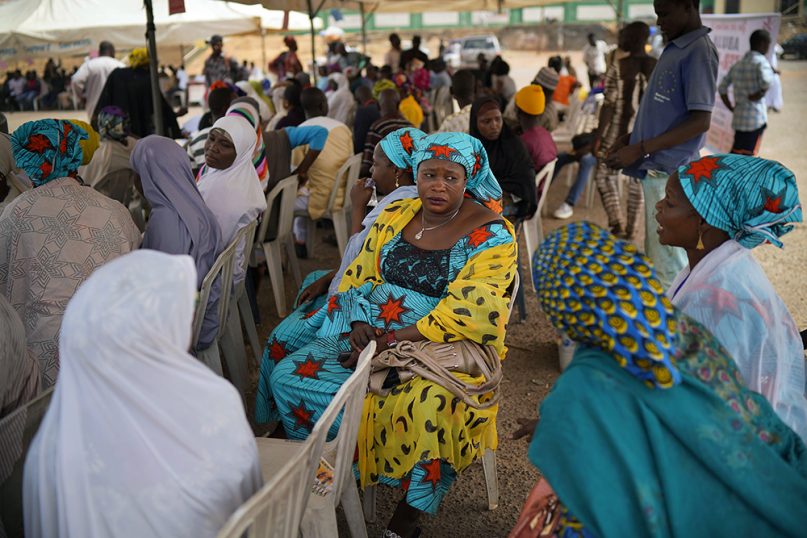 (RNS) KAMPALA, Uganda — Recently, a group of Muslims visited Christian widows and orphans in northwestern Nigeria and donated food, clothing and school items as part of efforts to enhance peaceful coexistence among different faiths.
(RNS) KAMPALA, Uganda — Recently, a group of Muslims visited Christian widows and orphans in northwestern Nigeria and donated food, clothing and school items as part of efforts to enhance peaceful coexistence among different faiths.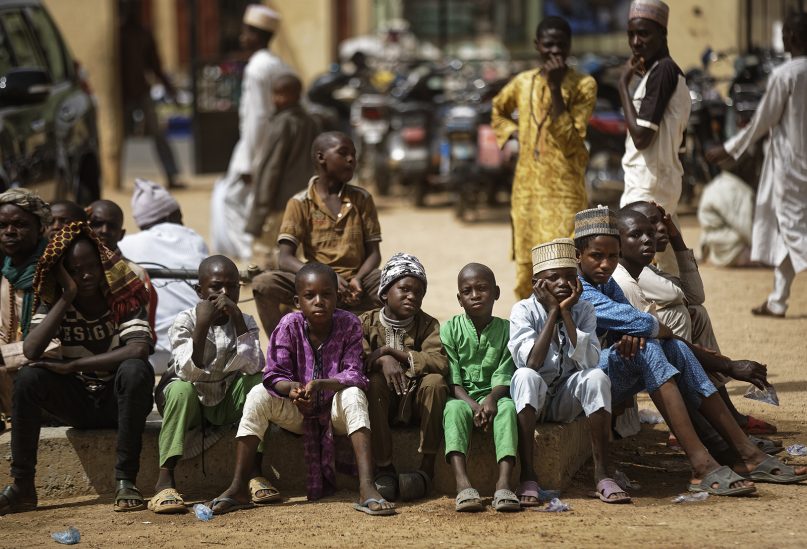
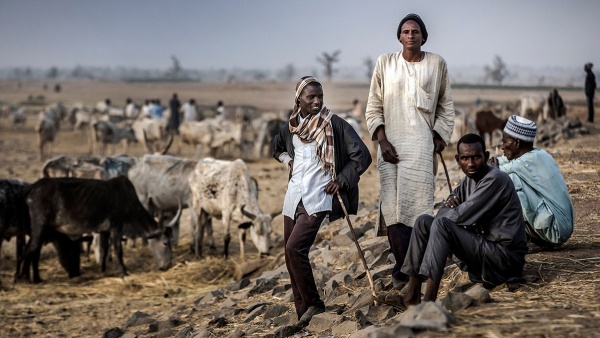
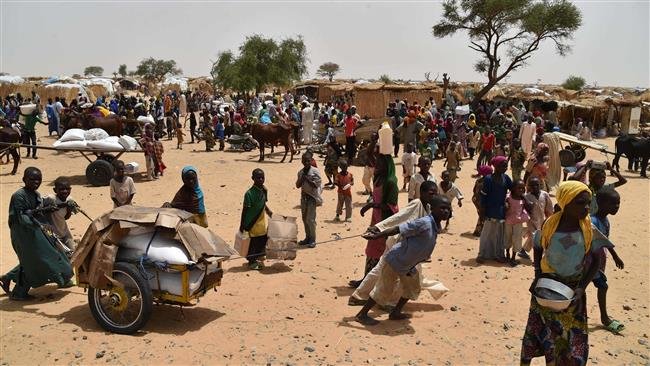 Muslim militants killed 120 Christians in Nigeria during a three-week period in February and March 2019.
Muslim militants killed 120 Christians in Nigeria during a three-week period in February and March 2019.
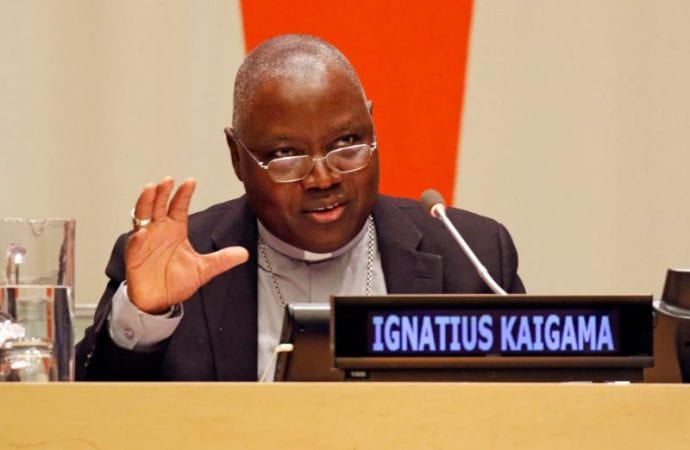 NEW YORK – The Catholic Church is working to bridge the divide between Muslims and Christians in a country where the divide between the groups is fraught with large and small issues, said a Nigerian archbishop.
NEW YORK – The Catholic Church is working to bridge the divide between Muslims and Christians in a country where the divide between the groups is fraught with large and small issues, said a Nigerian archbishop.